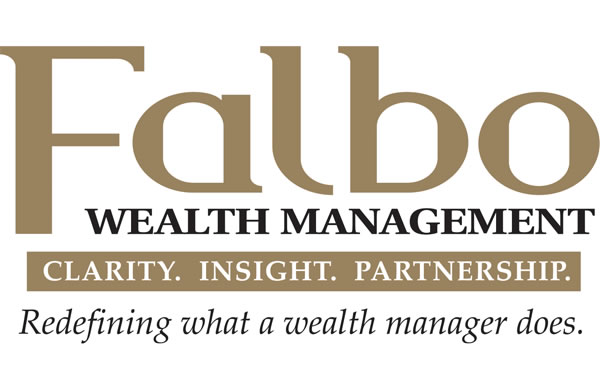 One of my clients was not looking forward to her retirement at all. For the two years leading up to the day she would leave her job as a teacher, she fretted about what she would do and how she would feel when she didn’t have to teach anymore. “It’s funny, but I don’t really even like teaching,” she told me. “It’s just that I have always been a teacher and when I retire, I guess that I will just be an ex-teacher!”
One of my clients was not looking forward to her retirement at all. For the two years leading up to the day she would leave her job as a teacher, she fretted about what she would do and how she would feel when she didn’t have to teach anymore. “It’s funny, but I don’t really even like teaching,” she told me. “It’s just that I have always been a teacher and when I retire, I guess that I will just be an ex-teacher!”
Often in my meetings with clients, they say they would love to enjoy retirement, but believe they don’t have anything to look forward to. For example, a spouse may have passed away, or their financial situation may have some challenges, or they may feel bored with their lives.
I have noticed that many of my clients who move into retirement have not thought much about the future and are more worried at the prospects of the unknown than the opportunities that retirement brings.
The reality is that true zest for life comes from within and can best be nurtured by looking closely at your attitudes and view of life in order to discover the parts that may require some change and intentional rethinking! (Or fresh perspectives or conscious reframing or…) It is not what happens to you in life that determines if you are happy or content; it is how you feel about what happens to you and how you frame it.
This is good news when you realize that you can’t always control what happens to you, but you can always control your thoughts about your circumstances!
What gets you out of bed each morning?
My approach to the retirement discussion with clients is to look at the opportunities and possibilities now that they have control over their lives. That’s part of the problem though—many don’t look at retirement as anything more than “playing out the string” or doing “retirement stuff” that fills in the time.
I can’t help you with that directly. However, our conversations about your future plans should focus on what you CAN do rather than what you can’t.
If you are going to make a commitment to live each day to its fullest, you will want to define what that means. Here are some points to consider:
Why do you want to get out of bed in the morning?
If you’ve made the commitment to challenge yourself to do new things or to learn new things, what kinds of challenges will make you feel good about who you are?
What gives meaning and purpose to your life? When you assess and claim your values and sense of purpose for the future, you move toward happiness—and seize the opportunity to leave a meaningful personal legacy.
